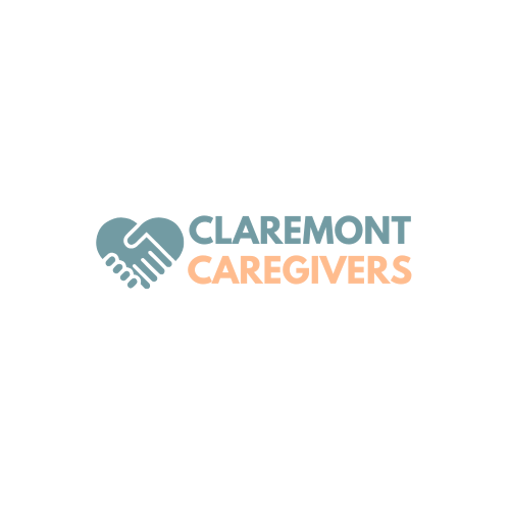Navigating Elder Care: Tips for Seeking Care and Aging Well
2 min read


Understanding the Importance of Elder Care
Navigating the world of elder care can seem overwhelming, but understanding its significance is the first step towards making informed decisions. As loved ones age, their health needs often change, making it essential to prioritize their comfort and well-being.
Tips for Seeking Care for the Elderly
When seeking care for elderly family members, consider the following tips to ensure you choose the best options for their needs:
Assess Their Needs: Begin by having open discussions with your elderly relatives about their daily routines, medical conditions, and any assistance they may require.
Research Care Options: Explore different types of elder care available, including in-home care, assisted living facilities, and nursing homes. Each option has its benefits and drawbacks.
Check Credentials: Ensure that any facility or caregiver you consider has proper licenses and certifications. Review their reputations and seek testimonials from other families.
Schedule Visits: Whenever possible, visit potential care providers. This will give you a firsthand look at the environment and how well the staff interacts with residents.
Involve the Elderly: Encourage your loved ones to participate in the decision-making process. It can minimize feelings of helplessness and help them feel more comfortable with the changes.
Aging Well: Strategies for a Healthy Life
Aging well is about more than just physical health; it encompasses emotional, mental, and social well-being. Here are several strategies to foster a fulfilling and healthy life in later years:
Stay Physically Active: Engage in regular exercise appropriate for their ability, such as walking, stretching, or participating in low-impact group classes.
Eat a Balanced Diet: Nutrition is crucial for maintaining health as we age. Encourage a diet rich in fruits, vegetables, lean proteins, and whole grains.
Maintain Social Connections: Help your loved ones stay engaged with friends and family. Encourage participation in community events, clubs, or volunteer work to reduce feelings of isolation.
Mental Stimulation: Keep their minds active through puzzles, reading, or learning new hobbies. This can promote cognitive health and enhance their quality of life.
Prioritize Regular Check-ups: Frequent visits to healthcare providers for check-ups can help catch and address potential health issues early.
In conclusion, while navigating elder care can seem daunting, by taking proactive steps and fostering a healthy lifestyle, you can significantly improve the quality of life for elderly individuals. Empowering them to age well while ensuring they receive appropriate care can lead to a more fulfilled, happy, and dignified life. If you need more help, feel free to contact Claremont Caregiving.
Claremont Caregivers
Find quality Caregivers in Claremont, CA as well as the nearby cities. Contact us for your free guidance.
Connect with us
info@claremontcaregivers.com
1-323-451-2993
© 2024. All rights reserved.
600 N. Mountain Ave. Upland CA 91711
